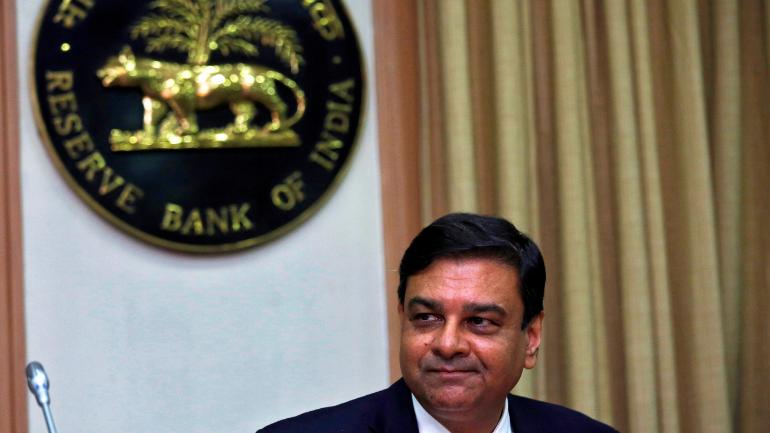he Monetary Policy Committee (MPC) of the Reserve Bank of India (RBI) on Wednesday (December 5) kept key lending rate unchanged at 6.5 per cent after the conclusion of its fifth bi-monthly policy review.
Not only did the 6-member committee decide to keep the repo rate (the rate at which RBI lends money to banks) unchanged, but also kept its ‘calibrated tightening’ stance in tact.
This essentially indicates that the RBI will not be looking to lower rates in the next bi-monthly review on February 5.
The committee, however, lowered statutory liquidity ratio (SLR) to 19.25 per cent. The reverse repo rate was kept unchanged at 6.25 per cent.
“The decision of the MPC is consistent with the stance of calibrated tightening of monetary policy in consonance with the objective of achieving the medium-term target for consumer price index (CPI) inflation of 4 per cent within a band of +/- 2 per cent, while supporting growth,” the central bank said in a statement.
It has come to light that only one out of the six members voted in favour of easing the stance. Economists suggested that the RBI kept its stance unchanged as it may be too early to alter its stance.
While many expected the RBI’s MPC to change its stance due drop in global crude oil prices and appreciation of the rupee, the central bank is now expected to maintain status quo till the next bi-monthly meet.
The RBI, however, lowered inflation forecast sharply for the second half (six months) of 2018-19 to 2.7 per cent to 3.2 per cent. It also lowered the infltion forecast for the first half (six months) of 2019-20.
The RBI has also maintained the GDP for 2018-19 at 7.4 per cent. The economic growth in the second half of 2018-19 has been predicted at almost 7.3 per cent.
New panel for MSMEs
After the policy meet, RBI also announced that it would set up a new panel to cater to the needs of small and medium scale enterprises. MSMEs have not been getting loans as banks have become weary of lending money after the IL&FS crisis.
RBI guv on ‘pause and reflect’
Addressing reporters after the key announcement, RBI Governor Urjit Patel said the decision to hold off a change in stance or rate had more to do with global factors.
Patel explained that the MPC retained its stance to “pause and reflect” to assess any upcoming slippages and uncertainties around certain projections.
He, however, said that a 30 per cent dip in global crude oil prices will help in lowering inflation and will boost corporate earnings.
What next?
By maintaining status quo, the RBI has clearly indicated that it is in no hurry to disrupt proceedings considering that inflation is cooling off at present.
Commenting on the future roadmap, RBI Deputy Governor Viral Acharya said the main focus will be on controlling inflation.
“Have to look for inflation staying at target in medium-term horizon. Need to observe data for few months to see if recent prints are durable or not. Volatility of data makes decision-making difficult,” he said.








